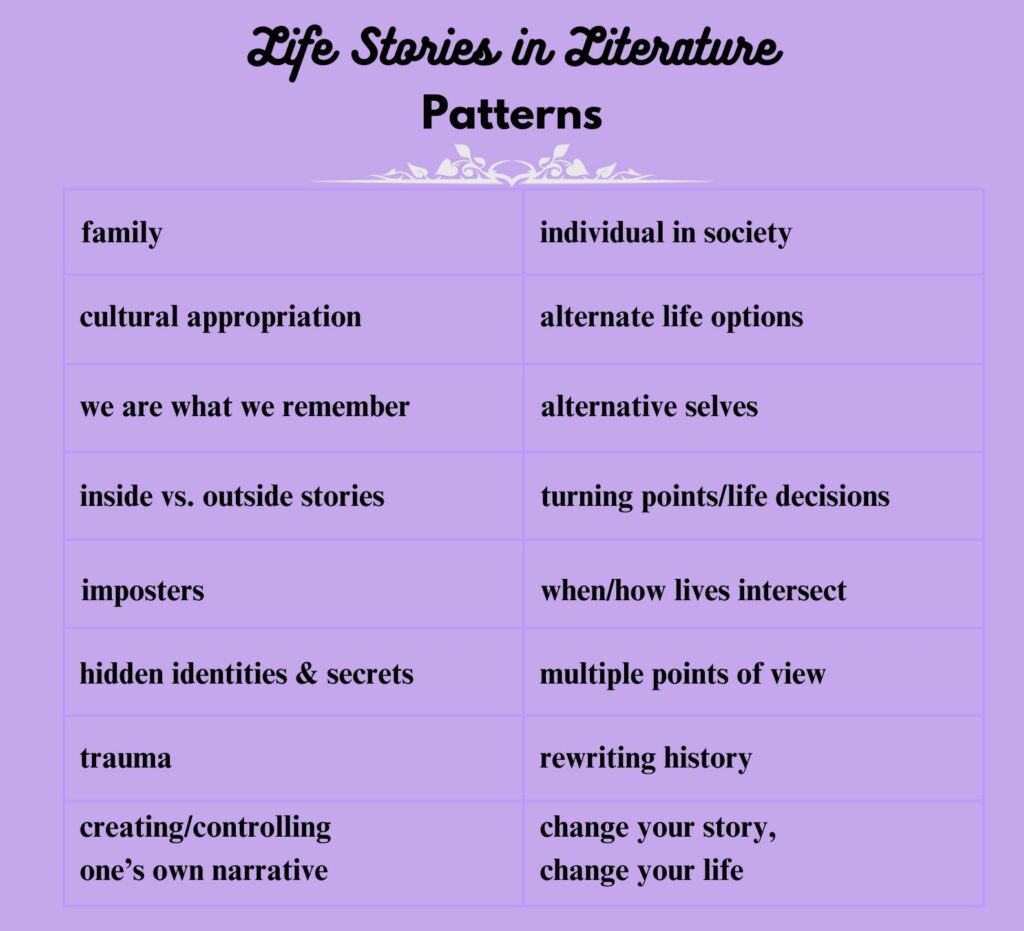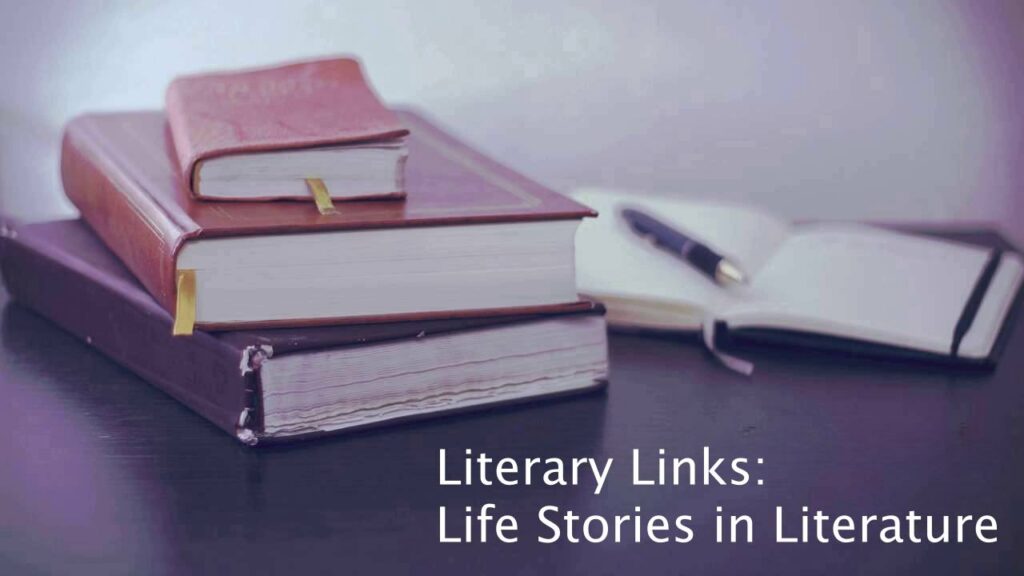
The Making of America’s Frontier Mythology Was the Making of America
Just as individuals have life stories, so do nations, ethnic groups, and other collective aspects of culture and society. In this excerpt from the book The Undiscovered Country: Triumph, Tragedy, and the Shaping of the American West, Paul Andrew Hutton examines how, beginning in the 1820s, “Americans began to search for a distinctive identity separate from their European ancestors.” Central to this search for a distinct identity were writers of both history and literature.
The Power of Storytelling in Medicine
Abigail Echo-Hawk believes in the power of storytelling. An Indigenous public health expert, she creates powerful narratives by merging rigorous research with cultural insight—and uses those stories to inform policy and improve health outcomes in Native communities in the U.S.
The Life and Death of the Suburban Novel
“Why isn’t there a twenty-first-century Cheever?”
Adelle Waldman defines suburban novels as “Books about attractive white families in nice houses who turn out to be miserable.” These novels, she says, were “a staple of American fiction,” particularly during the twentieth century, but now “have largely stopped being written.”
The death of the suburban novel, a relatively short-lived subgenre of American literature, may be of interest primarily to academics and literary hobbyists. The death of the middle-class society from which it sprung, on the other hand, is a national tragedy.
How Libraries Stand the Test of Time
“The digital era builds upon millennia of librarianship as humans strive to preserve our cultural heritage.”
“For millennia, whether with scrolls and tablets or books and PDFs, the core mission of libraries to democratize and supply information has endured,” writes Maria Papadouris.
In this history of libraries and their functions, she explains “f knowledge is power, then it’s no wonder libraries have become spaces of struggle and social inclusion.”
These Books Won’t Make You a Better Person
“A new generation of disabled writers isn’t interested in inspiring readers.”
Sophia Stewart writes, “disability memoirs have often been marketed and read for narrow purposes—as dutiful tools of education or empathy building.” In this review she sees Raymond Antrobus’s The Quiet Ear, a “British poet’s account of growing up and, later, growing into his deaf identity,” as an example of a new trend in disability memoir: “authors thinking on the page: asking questions and wrestling with ideas, plumbing the past and probing their own minds.”
How Nostalgia Keeps Friendships Alive
“The social and psychological consequences of yearning for the past are starting to come into focus”
Nostalgia is a complex emotion. It blends longing for a cherished past and the bittersweet realization that one can never fully return to that time. Psychologists have puzzled over why humans experience this intricate emotion: Does nostalgia trap us in the past, or does it function as a psychological resource that could lead us to the future?
Kuan-Ju Huang, a graduate student in human and environmental studies at Kyoto University in Japan, reports on his research about nostalgia. His conclusion: “We suspect that nostalgia acts as a psychological resource, helping people counteract the loss of close friendships and relationships as they age. As such, it joins many other human emotions that have evolved to serve important social functions.”
Speculative Fiction: Beyond a Novel’s Entertainment Value
“The classroom is a place to equip students to better understand the world as it was and is. Speculative fiction can help.”
“Social theory attempts to explain ways-of-being, power structures and dynamics, and other social phenomena. Students can use the frameworks provided by social theorists to develop their own understanding of the world they inhabit.” According to Camille Tinnin, speculative fiction can offer students opportunities to apply social theory to analysis of power structures.
On Legends, Tall Tales, and the Art of Storytelling
Archer Sullivan grew up amid the storytelling culture of Appalachia. She thanks that experience for teaching her that “important truths often hide under layers of legend. It’s only by peeling away those layers that we can finally shed light on that hidden truth.”
© 2025 by Mary Daniels Brown

